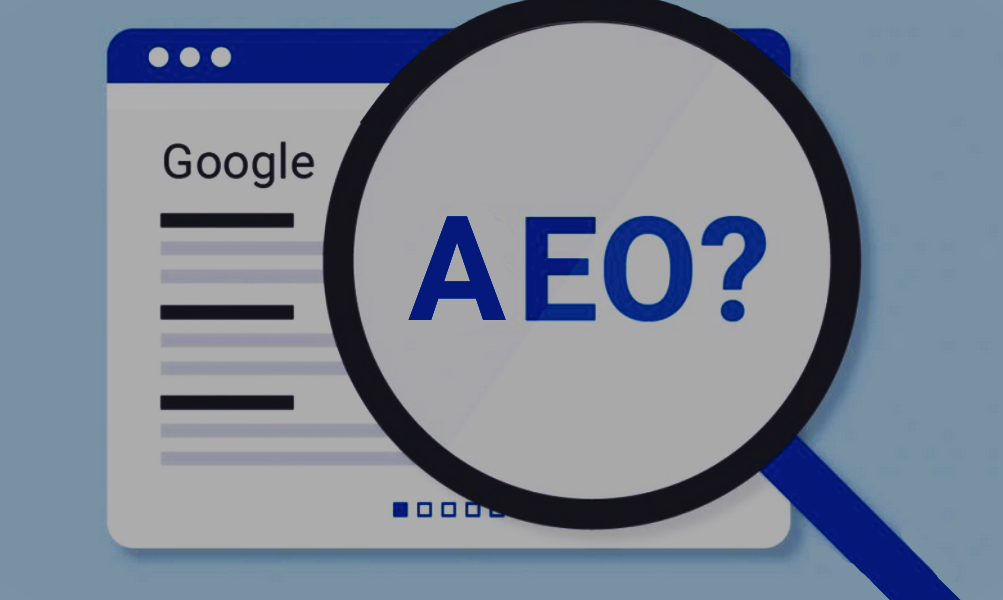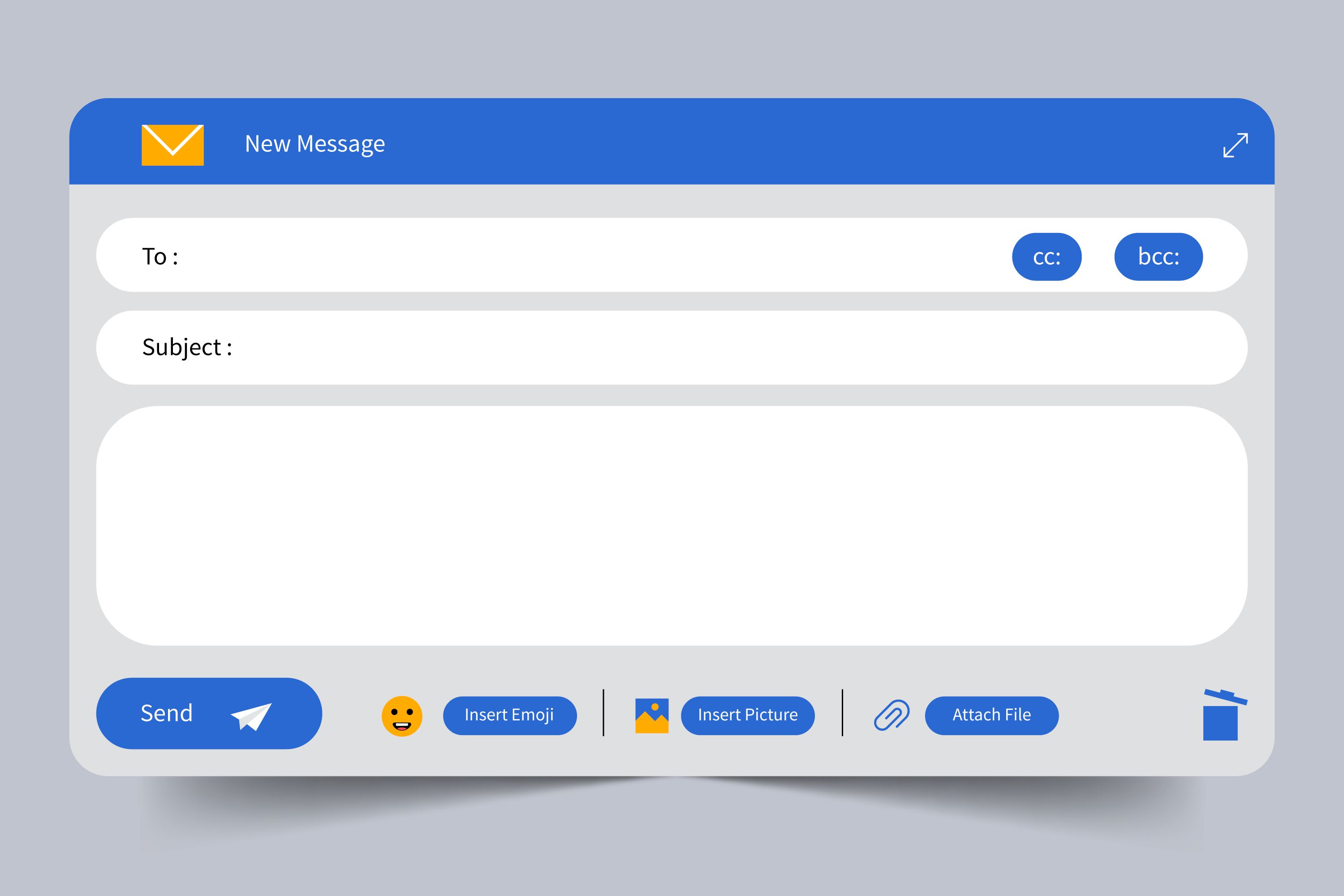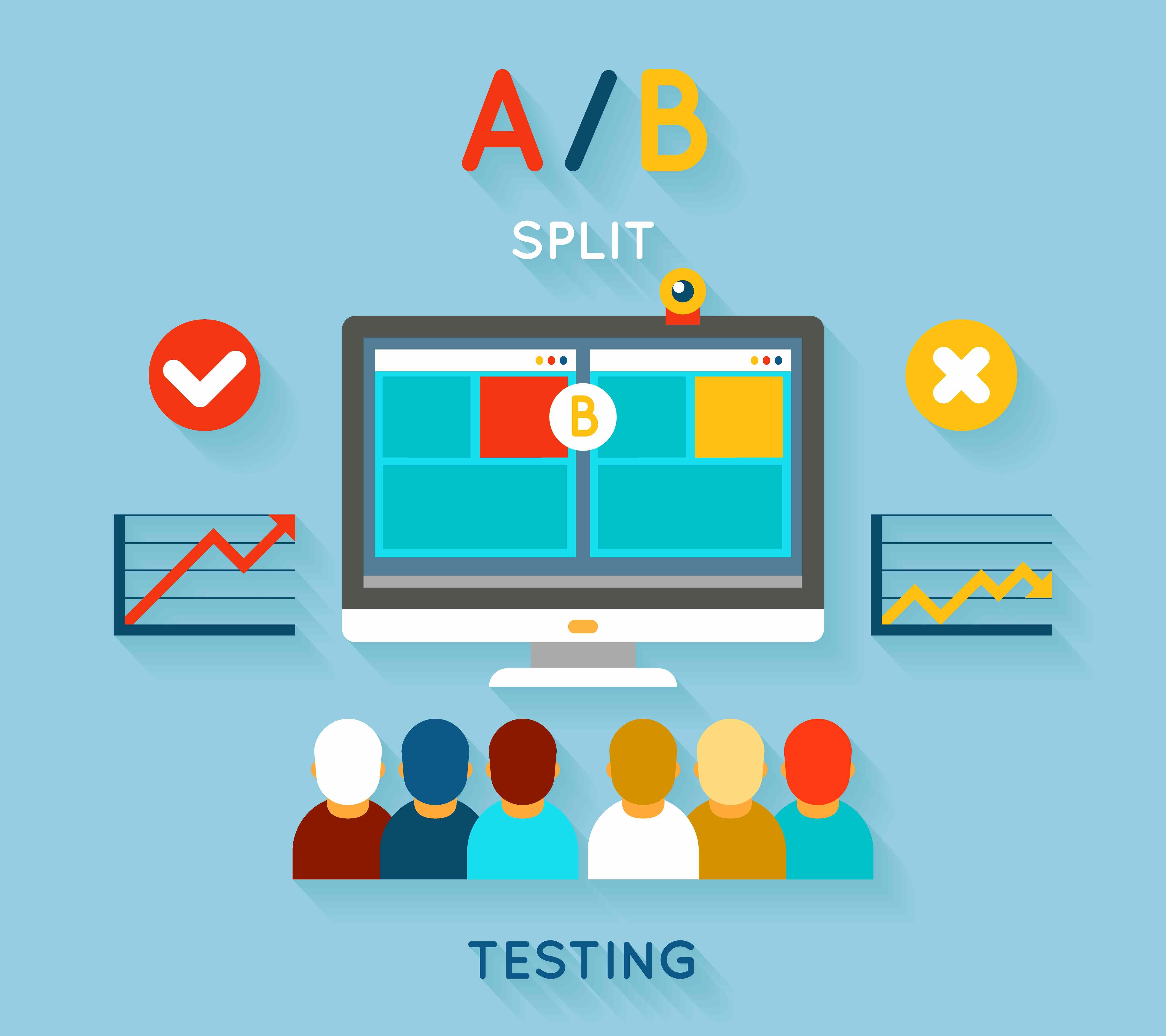Written by M-Ahmed
Thursday, December 28, 2023 at 6:33 PM
Blockchain is a technology that allows data to be stored and transferred in a secure, decentralized, and transparent way.
Blockchain is a technology
that allows data to be stored and transferred in a secure, decentralized, and transparent way. Blockchain can be used for various purposes, such as cryptocurrencies, NFTs, smart contracts, and more. This blog post will explain the history, concepts, and features of blockchain technology.Blockchain is a technology that allows data to be stored and transferred in a secure, decentralized, and transparent way. Blockchain can be used for various purposes, such as cryptocurrencies, NFTs, smart contracts, and more. This blog post will explain the history, concepts, and features of blockchain technology.
Introduction
Blockchain is a term that refers to a system of storing and transferring data using blocks that are linked together by cryptographic hashes. The term blockchain was coined by Satoshi Nakamoto, the mysterious creator of Bitcoin, the first and most famous cryptocurrency that uses blockchain technology.
The main purpose and goal of this blog post is to educate you on the basics of blockchain technology. You will learn about the origin and evolution of blockchain technology, the basic concepts and principles that underlie it, and the main features and advantages that it offers over traditional methods of data storage and transfer.
By the end of this blog post, you will have a better understanding of what blockchain is, how it works, and why it is important in 2023 and beyond.
History of Blockchain Technology
Blockchain technology has its roots in the fields of cryptography, computer science, and distributed systems. The idea of using a chain of blocks to store data was first proposed by Stuart Haber and W. Scott Stornetta in 1991. They designed a system that used timestamps and digital signatures to create tamper-proof records of documents.
However, the breakthrough that led to the creation of blockchain technology as we know it today came in 2008, when Satoshi Nakamoto published a whitepaper titled "Bitcoin: A Peer-to-Peer Electronic Cash System". In this paper, Nakamoto introduced Bitcoin, a digital currency that uses a peer-to-peer network to create and verify transactions without the need of a central authority or intermediary. Nakamoto also described the underlying mechanism that powers Bitcoin: a blockchain.
A blockchain is a distributed ledger that records all the transactions that take place on the network. Each transaction is added to a block that contains a cryptographic hash of the previous block, a timestamp, and transaction data. Each block is linked to the previous block by its hash, forming a chain of blocks (blockchain). The blockchain is maintained by the nodes (computers) on the network that follow a consensus algorithm to validate and update the ledger.
The launch of the Bitcoin network and the creation of the first block (genesis block) took place on January 3rd, 2009. Since then, Bitcoin has grown to become the most popular and valuable cryptocurrency in the world, with a market capitalization of over $1 trillion as of April 2021.
The success of Bitcoin inspired other developers and entrepreneurs to create their own cryptocurrencies and blockchain platforms based on different features and functionalities. Some of the most notable examples are:
Ethereum: Ethereum is a blockchain platform that allows users to create and execute smart contracts: self-executing agreements that enforce the terms and conditions of a contract without the need of a third party or intermediary. Ethereum also supports the creation and exchange of tokens: digital assets that represent various values or utilities on the platform. Ethereum was launched in 2015 by Vitalik Buterin and others.
Litecoin: Litecoin is a cryptocurrency that is similar to Bitcoin but has faster transaction confirmation times and lower fees. Litecoin was created in 2011 by Charlie Lee as a fork (a copy or modification) of Bitcoin.
Ripple: Ripple is a cryptocurrency and a payment network that allows users to send and receive money across borders using various currencies or tokens. Ripple was founded in 2012 by Chris Larsen, Jed McCaleb, and others.
The development and adoption of various applications and innovations based on blockchain technology have continued in recent years. Some of the most prominent examples are:
NFTs: NFTs are non-fungible tokens that use blockchain to represent unique and scarce digital assets such as art, music, games, collectibles, etc. NFTs can be bought and sold on various platforms such as OpenSea, Rarible, and SuperRare. NFTs have gained popularity in 2021 due to several high-profile sales such as Beeple's "Everydays: The First 5000 Days" for $69 million or Jack Dorsey's first tweet for $2.9 million .
Smart contracts: Smart contracts are self-executing agreements that use blockchain to enforce the terms and conditions of a contract without the need of a third party or intermediary. Smart contracts can be used for various applications such as voting, crowdfunding, insurance, supply chain, etc. Smart contracts have been implemented on various blockchain platforms such as Ethereum, EOS, Cardano, etc.
DeFi: DeFi stands for decentralized finance and refers to a movement that aims to create and offer financial services and products that are open, transparent, and accessible to anyone using blockchain technology. DeFi includes various categories such as lending, borrowing, trading, investing, etc. DeFi has grown rapidly in 2020 and 2021 due to the emergence of various platforms and protocols such as MakerDAO, Compound, Uniswap, Aave, etc.
These are some of the key events and milestones that shaped the development of blockchain technology from its inception in 2008 to its current state in 2023.
Concepts of Blockchain Technology
Blockchain technology is based on some basic concepts and principles that underlie its functionality and performance. These include:
Distributed ledger: A distributed ledger is a database that is shared and synchronized among multiple nodes or participants in a network. Each node maintains a copy of the ledger and can validate and update it according to a consensus algorithm. A distributed ledger eliminates the need for a central authority or intermediary to manage or verify the data.
Block: A block is a unit of data that contains a cryptographic hash of the previous block, a timestamp, and transaction data (generally represented as a Merkle tree). A block is linked to the previous block by its hash, forming a chain of blocks (blockchain). A block is immutable and irreversible once it is added to the blockchain.
Transaction: A transaction is an exchange or transfer of data or value between two or more parties in a network. A transaction is recorded and verified by the nodes in the network using cryptographic signatures. A transaction is added to a block once it is validated by the consensus algorithm.
Consensus algorithm: A consensus algorithm is a set of rules or protocols that govern how the nodes in a network agree on the state of the ledger. A consensus algorithm ensures that the ledger is consistent, accurate, and secure among all nodes. Some of the common types of consensus algorithms are proof-of-work (PoW), proof-of-stake (PoS), proof-of-authority (PoA), etc.
These are some of the basic concepts and principles that underlie blockchain technology.
Features of Blockchain Technology
Blockchain technology offers some main features and advantages over traditional methods of data storage and transfer. These include:
Security: Blockchain transactions are encrypted and verified by multiple nodes, making it difficult for hackers or malicious actors to tamper with or falsify them. Blockchain transactions also use public-key cryptography, which ensures that only the authorized parties can access or modify the data.
Transparency: Blockchain transactions are recorded and visible to anyone who has access to the network, making it easy for users to audit and verify them. Blockchain transactions also use timestamps, which ensure that the order and chronology of the data are preserved.
Efficiency: Blockchain transactions are processed faster and cheaper than traditional methods, as they do not require intermediaries or third parties to facilitate them. Blockchain transactions also use peer-to-peer communication, which reduces the latency and bandwidth consumption of the network.
These are some of the main features and advantages of blockchain technology over traditional methods of data storage and transfer.
Conclusion
Blockchain's evolution from its inception in 2008 to its current state in 2023 has been remarkable. Its distributed ledger, block structure, cryptographic transactions, and consensus algorithms underpin its potential to reshape industries across the globe. As we journey further into the digital age, the importance of blockchain technology in 2023 and beyond cannot be overstated. It promises to revolutionize not just financial systems but a myriad of industries, making our world more secure, efficient, and transparent. Explore the possibilities and be part of this transformative era.
Discover Blockchain Career Opportunities
The blockchain industry offers a wide array of exciting career opportunities, from development and analysis to management, legal, and marketing roles. As blockchain technology continues to evolve and disrupt traditional industries, the demand for blockchain professionals remains strong. Whether you're a seasoned expert or just beginning your journey, exploring a career in blockchain can lead to a rewarding and impactful future. Stay updated, acquire relevant skills, and consider joining the innovative world of blockchain technology.
If you're interested in pursuing a career in blockchain or seeking blockchain services, TechloSet offers a range of opportunities tailored to this dynamic field. Join us on this transformative journey by exploring our exciting Blockchain Career Opportunities!
Explore Techloset's Blockchain Services
If you're interested in harnessing the power of blockchain technology, consider TechloSet's blockchain services. Our expert team can guide you through the implementation of blockchain solutions that meet your specific needs. Additionally, TechloSet offers exciting job opportunities in the rapidly growing field of blockchain technology. Join us in shaping the future!






